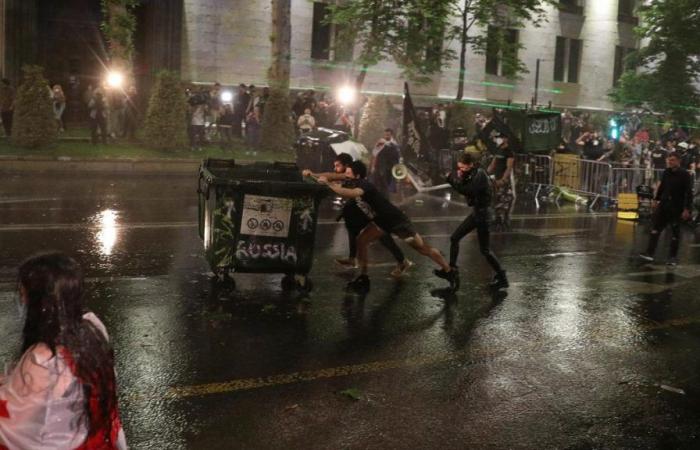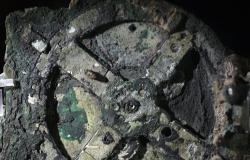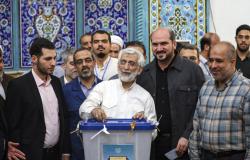In Georgia, demonstrators waving European Union flags have protested against what they see as their pro-Russian leaders. Moldova’s government is pushing to join the Western bloc, angering citizens with hopes of closer ties with Moscow. Armenia has also reached out to Europe, angry that Moscow, a former ally, is courting its enemy, Azerbaijan.
According to the criteria of
Fueled in part by the war in Ukraine, tensions have been rising in some of the former territories of the Soviet Union, pitting those who favor closer relations with Russia against those who are more oriented toward Europe.
Many of those tensions predate the war and have their origins in long-standing internal struggles for power and money, but they have been amplified by geopolitics, with both Russia and the West pressuring countries to choose sides.
In the former Soviet Union, the “context is now determined by how the Ukraine war has radicalized competition between Russia and the West,” said Gerard Toal, author of “Near Abroad,” a study of Russia’s relations with the former territories. Soviets.
Fearful of losing influence, Moscow has issued warnings to Georgia and Moldova: remember what happened in Ukraine. Without threatening to invade, he has pointed to the anxiety that followed Ukraine’s tilt toward the West after a popular revolt in 2014 deposed its pro-Russian president. Russia also hopes that recent battlefield successes in eastern Ukraine can help reverse the damage done to its prestige and influence in some former Soviet states early in the war.
“Russian information campaigns have been fueling the idea that closer alignment with the West threatens a war that only Russia can win,” said Nicu Popescu, former Foreign Minister of Moldova. “Everything depends on Ukraine.”
Moldova has stepped up efforts to join the European Union, which granted it candidate status in 2022. In May, Antony J. Blinken, US Secretary of State, visited Moldova to show support for Ukraine and its neighbors who could potentially be at risk.
But even in Georgia — which was invaded by Russia in 2008, lost 20 percent of its territory to Moscow-backed separatists and harbors deep anti-Russian sentiments — a substantial minority still wants to at least improve economic ties with Russia.
“This is not because they like Russia but because they fear it,” said Koba Turmanidze, director of the Caucasus Research Resource Center in Tbilisi, Georgia’s capital.
Thomas de Waal, an expert on the former Soviet Union at the Carnegie Europe research group, said that while Georgia wanted to stay out of the Ukraine conflict, “it sees the war blowing more in Russia’s direction.”
The Georgian government, while officially seeking to join the European Union, a goal widely supported by the population, has used fear of Russian retaliation to justify its refusal to join European sanctions against Moscow.
Georgian Dream, the ruling party, Turmanidze said, would never say it is on Russia’s side against Ukraine because “that would be political suicide.” But he has taken steps, notably a controversial foreign influence law that sparked weeks of street protests, which “are Russian in style,” he added.
Maintaining influence over former Soviet lands has been a goal of Moscow since the 1990s, but it was given new emphasis in an updated “foreign policy concept” signed by President Vladimir V. Putin last year. The document committed Russia to avoid “color revolutions,” the term used by Moscow to refer to popular uprisings “and other attempts to interfere in the internal affairs of Russia’s allies and partners” and to “prevent and counteract hostile actions of foreign states.
Portraying the recent street protests in Georgia as a repeat of what Moscow says was a CIA-orchestrated coup in Ukraine in 2014, the Russian Foreign Ministry warned in late May that the demonstrations in Tbilisi were “just like what happened in Ukraine.”
And “look how the situation is developing in Moldova,” added Maria Zakharova, the ministry’s spokesperson, referring to tensions there ahead of October’s referendum on accession to the European Union.
The West also has its own history framed in Ukraine, one that Blinken recited last month in Moldova. “Moldovans are very aware that what happens in Ukraine matters not only to Ukrainians, but also to Moldovans,” he said at a press conference with Maia Sandu, President of Moldova. If left unchallenged, she said, Russia “will not stop at Ukraine.”
Popescu said recent advances by Russian troops “are worrying. “They are still very far from us, but everything depends on the outcome of the war.”






